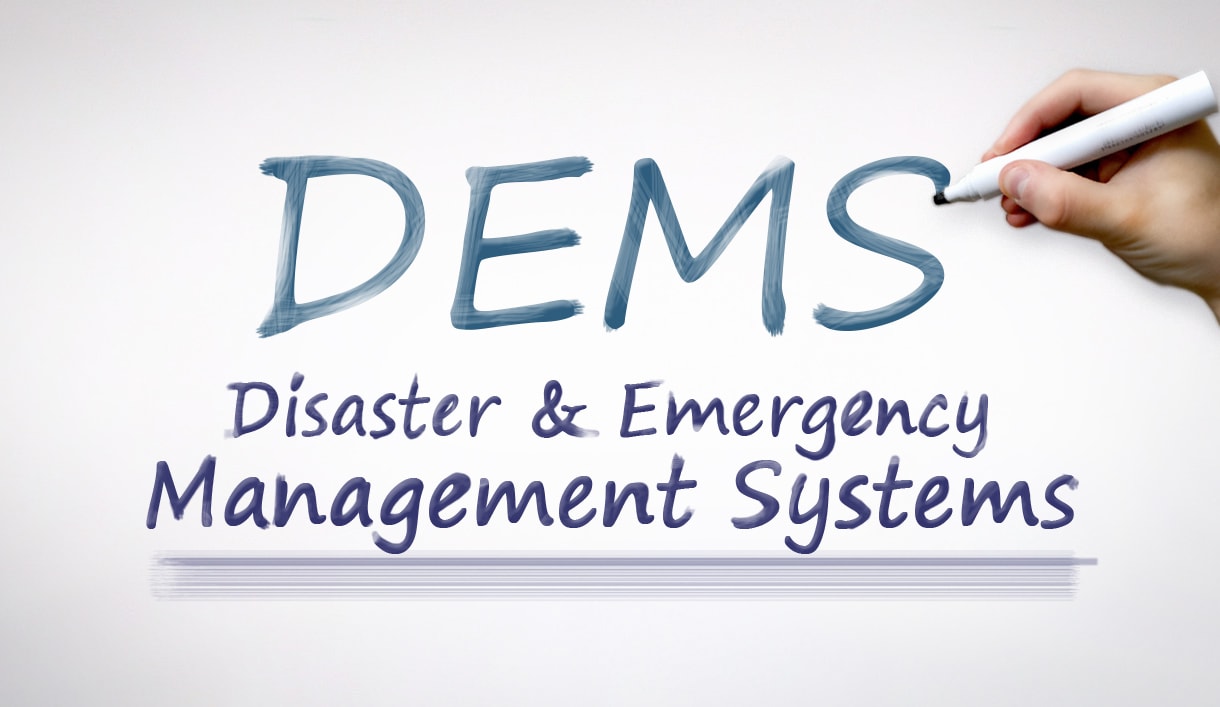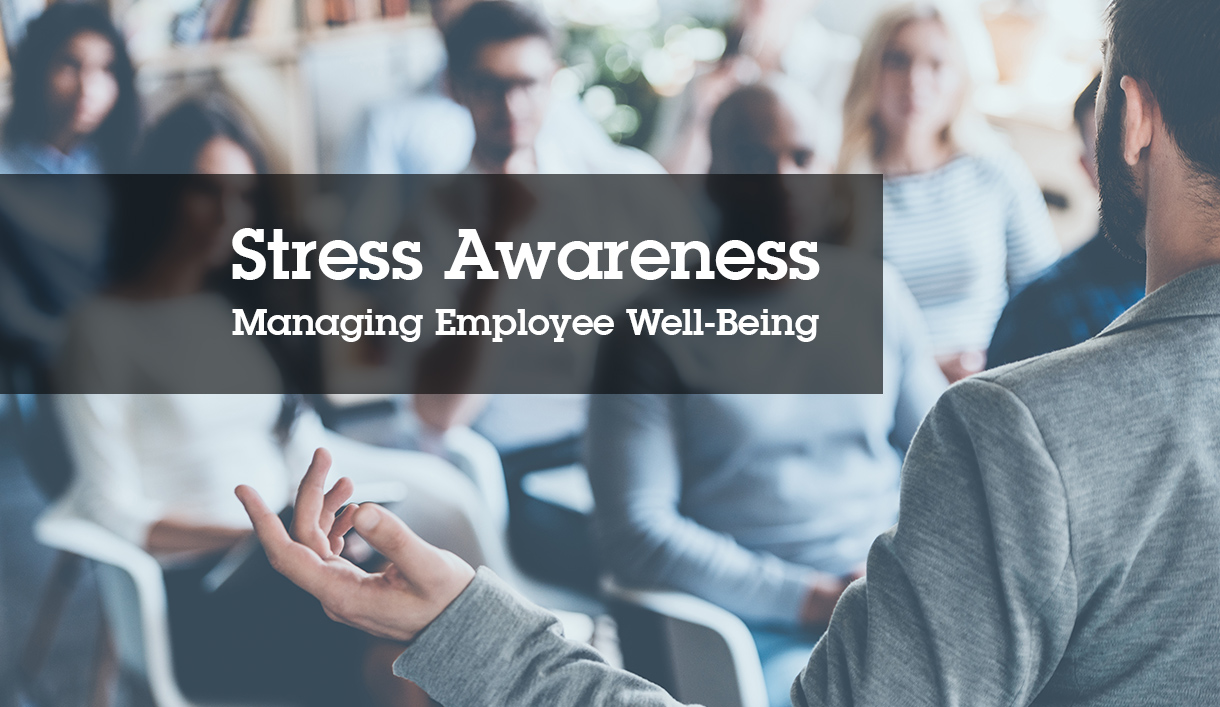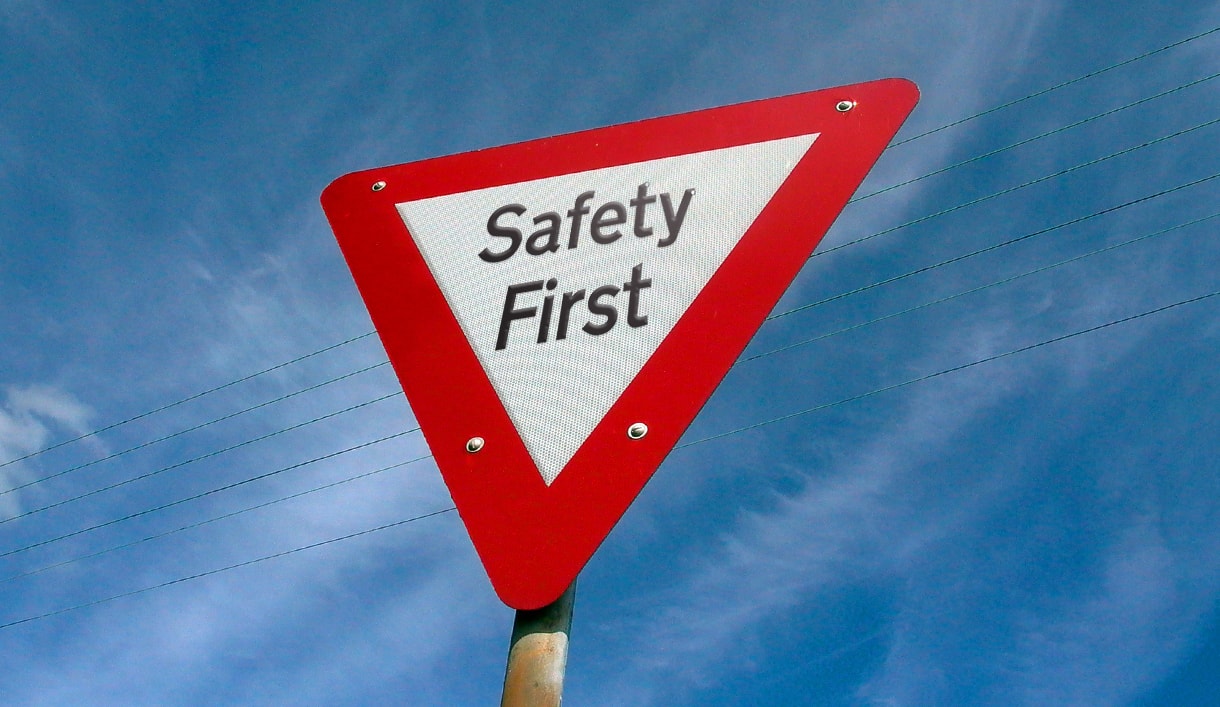Is Your Organisation Prepared for the Worst? Emergency Management.
Disaster and Emergency Management Systems (DEMS)
I have just returned from a week studying Disaster and Emergency Management Systems. It has been a real eye opener.
Many of us regard disasters or an emergency as something that happens to someone else. Trust me, the day may come when it will be your organisation and unfortunately, there is often little or no warning.
On the 25th June 2007, I managed a sheltered housing scheme in Hull and as I had the day off I planned to take my young children shopping. I called in to work briefly on my way to town. Within half an hour it became apparent that this would not be a quick visit and due to the rain and drainage that had not been maintained throughout the city, Hull flooded. Informed that my home had also flooded I was subsequently stranded in Hull with my children overnight.
At the time, there was no emergency plan in operation to cover flooding; we improvised as best we could and with a lot of luck, the help of a good staff team and the Humberside Fire and Rescue service, we were able to evacuate where needed, ensuring the safety and care of all our residents.
When the flood waters receded over the next few days, we set about reviewing our emergency plans as it had been made clear that they were insufficient. It was nearly four years before all the flood repair work was completed which was something else we had not planned for. Luckily (again) we did have business continuity insurance that covered some of the income lost.
Don’t wait for a disaster before you make plans. Here is some advice on how to go about formulating a Disaster and Emergency Management System (DEMS).
PLAN
- Look at what threats your organisation is susceptible to by analysing the:
Inputs
- Suppliers
- Materials
- Delivery logistics
- Utilities
Process
- Equipment
- Staffing levels
- Training/competency levels
- Procedures
Output
- Waste
- End product/service delivery
- Logistics
External environment
- Pollution
- Legislation
- Stakeholders
These lists are not exhaustive but they give an idea of where to start. Look at naturally occurring situations such as flood and earthquakes, along with those that are man-made such as arson and terrorism.
- Assess the risks of the threats and formulate a policy.
- Make sure that the organisation has adequate business continuity provision such as insurance. This should cover the worst case scenario of total destruction of the current organisation.
- Ensure top management commitment is demonstrated and encourage “buy-in” from all staff by involving them in formulating the DEMS.
- Take into account any relevant legislative requirements that govern your organisation.
- Include plans on recovery for after the emergency as this can often be as devastating and demanding as the initial situation.
DO
- Train staff on the policy and procedures to ensure everyone is aware of the role they need to play in the event of an emergency.
- Ensure that regular emergency procedure drills are carried out and recorded.
CHECK
- Regularly review the threats and risks to make sure the DEMS is still suitable and sufficient.
- Use feedback from drills and/or real life situations to assess whether the drills are effective.
- Make sure records are kept for future reference.
- Ensure all new staff are trained and that existing staff receive regular refresher training.
ACT
- Make improvements based on:
- risk reviews;
- procedural drills;
- feedback from any stakeholders;
- legislative changes;
- real life events.
Put simply, the purpose of a DEMS is to prepare for the worst, so that should you find yourself in an unforeseen situation you can be assured that the organisation will know what to do, they will have trained for it and will not have to rely on luck to get them through.
Victoria Hughes









I would like to have this discussion
Hello France, I’ve asked one of our personal course advisors to reach out to you for some more information. Alternatively, please contact us via email with some more information about your query – success@sheilds.org.